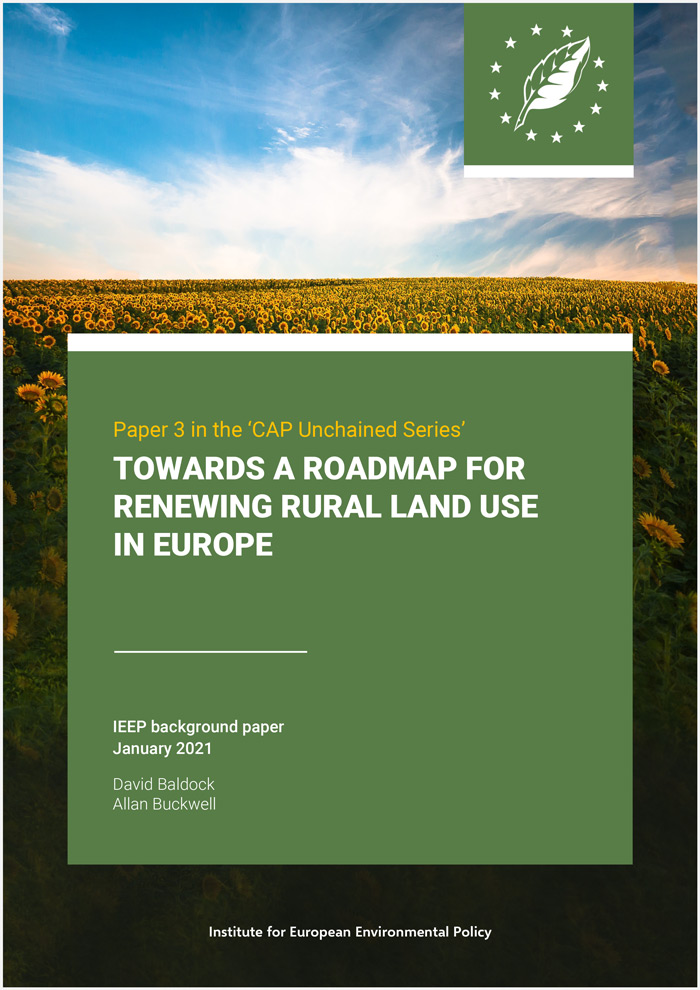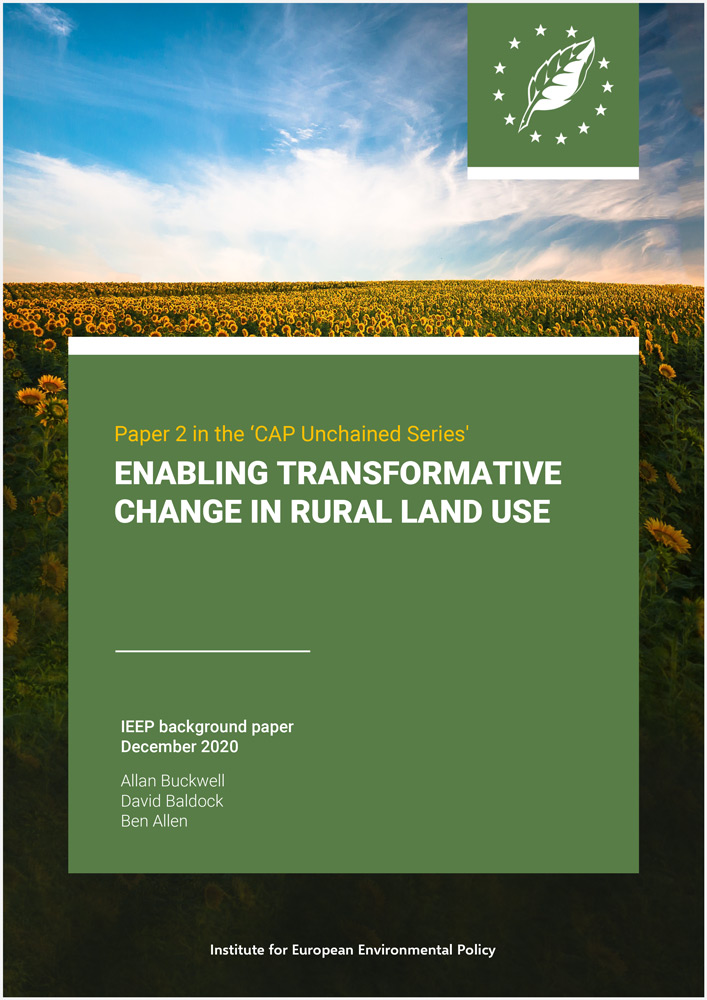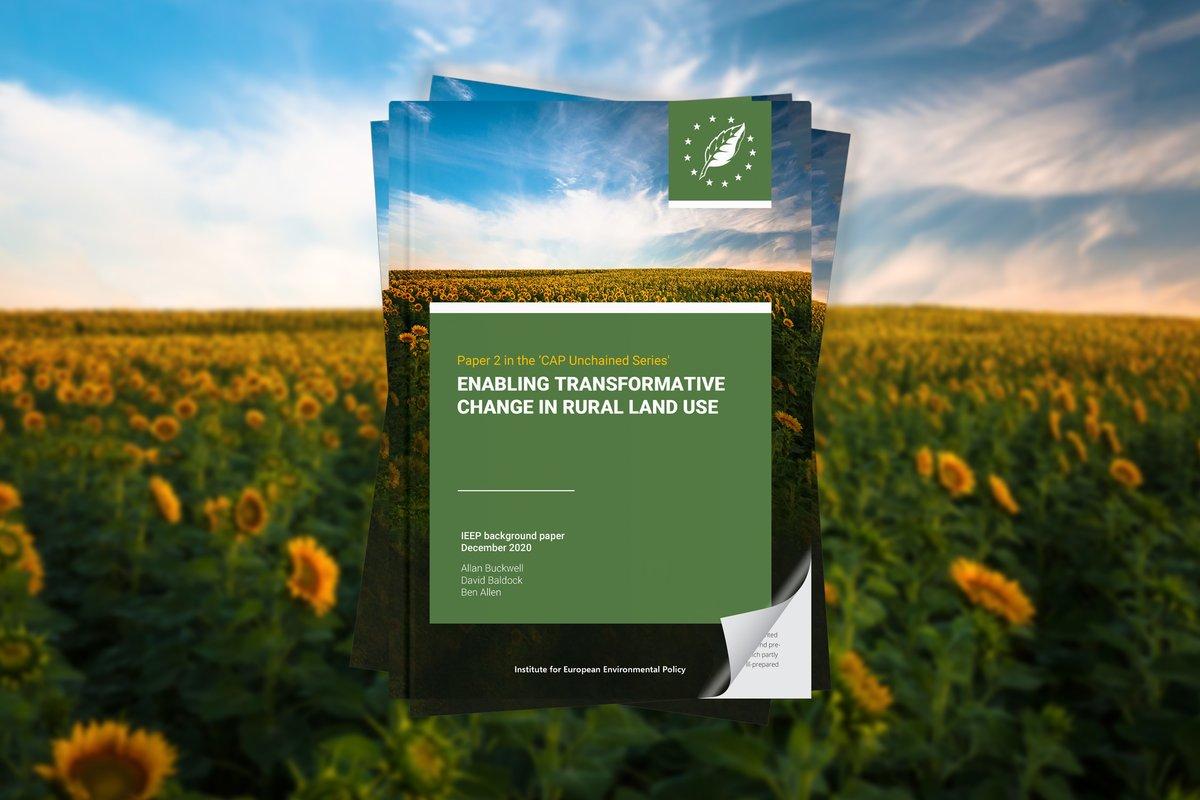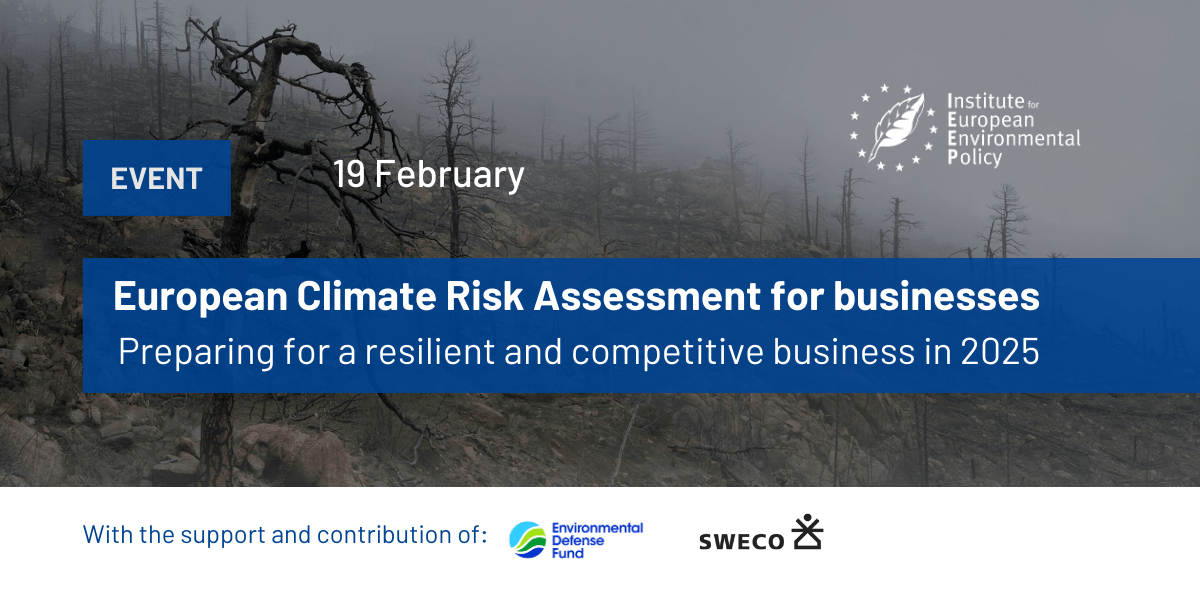AUTHORS: Ben Allen – David Baldock – Allan Buckwell
The need for a transformation in the EU’s food and rural land use systems has been underlined by the Green Deal and the strategies that will flow from it. A new set of three papers from IEEP, the CAP Unchained series looks at the land use aspects of this transformation and the ways in which it might be brought about.
The series starts by setting out a rationale for what we need from and for rural land in Europe, followed by a discussion of the appropriate policy mix that will be required, and finally, a policy roadmap looking beyond the current Common Agricultural Policy (CAP) negotiations to the next steps to trigger a new approach.
Whilst it is clear that changes are needed both in the way we produce and consume bioresources, including food, the primary focus of the papers is on the production side of the equation and the associated land uses.
European citizens require a range of goods and services from the land. Many of these (such as food and fibre) are generally supplied through the market. Yet in order to provide those goods and services, the land needs to be in a position to deliver them now and in the future. Therefore, as citizens, we need for rural land to provide biodiversity and the ecosystem functions that support production and other services, and the cultural services it provides.
These needs for land are significantly under-provided at present. Rural land management is characterised by pervasive failures to align with environmental objectives, while the food chain is characterised by imbalanced power relations. Food consumption is also characterised by inappropriate diet for a sizeable share of the population, leading to extensive non-communicable disease and societal costs.
Paper 1, What do we need from EU rural land, stresses the role of policy in realigning land use and functioning ecosystems and calls for the reorientation of public incentives as part of a coherent policy framework that addresses the wider scope of rural land and the resources and services it provides.
Paper 2, Enabling transformative change in rural land use, in turn, teases out the broad suite of components of what might be considered an effective set of collective and coordinated actions capable of steering the EU food and rural land use systems onto a sustainable path. This requires coordination across a range of policies going beyond agriculture and land use.
Part of the challenge is to strike the right balance between the different policy goals. The types of policy intervention required are principally a mixture of inducements on the one hand and controls and regulations on the other. Both are needed to change the allocation, mix and intensity of management of rural land.
A prerequisite for a successful transition is a widely accepted narrative covering both the food system and strategic land management in the EU. A clear rationale and accompanying roadmap should weave together the case for changes in consumption and improved public health with a new perspective on land use consistent with climate stability and ecosystem restoration whilst maintaining a viable agricultural economy and society.
Paper 3, Towards a roadmap for renewing rural land use in Europe, sets out a fifteen-point change programme with an appropriate timeline to steer the transformation with actions ranging from setting time-bound environmental targets for the sector to the provision of time-limited adjustment aid to ensure a fair transition.
Moving from the CAP to a transition logic and the longer-term policies that will follow is not a small project. But there is a real opportunity to do so as part of a refreshed sense of purpose in the EU. If a new generation has a deeper appreciation of the urgency of responding to the threats to the climate and biodiversity, as it appears, there will be a much larger and more engaged audience for the debate on farming, food, land use and the environment than has been visible or vocal for many years.





